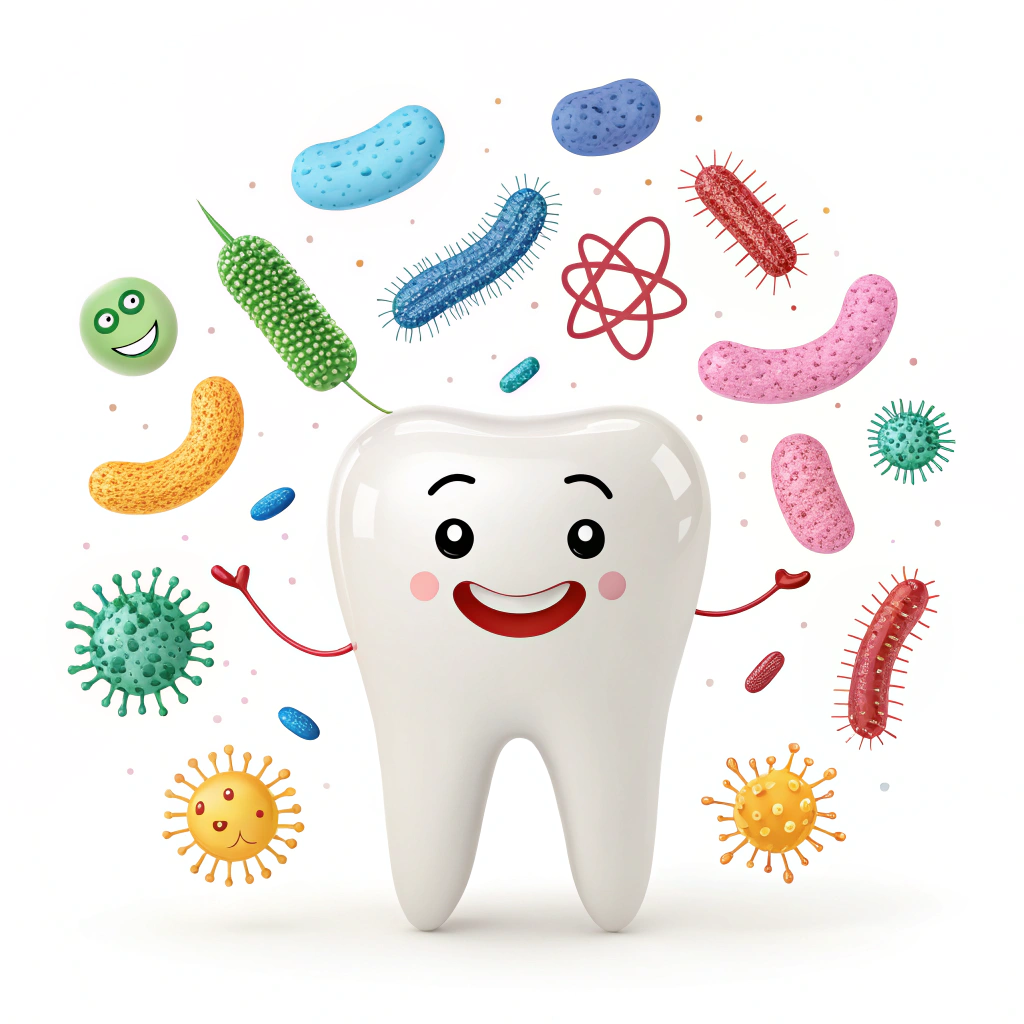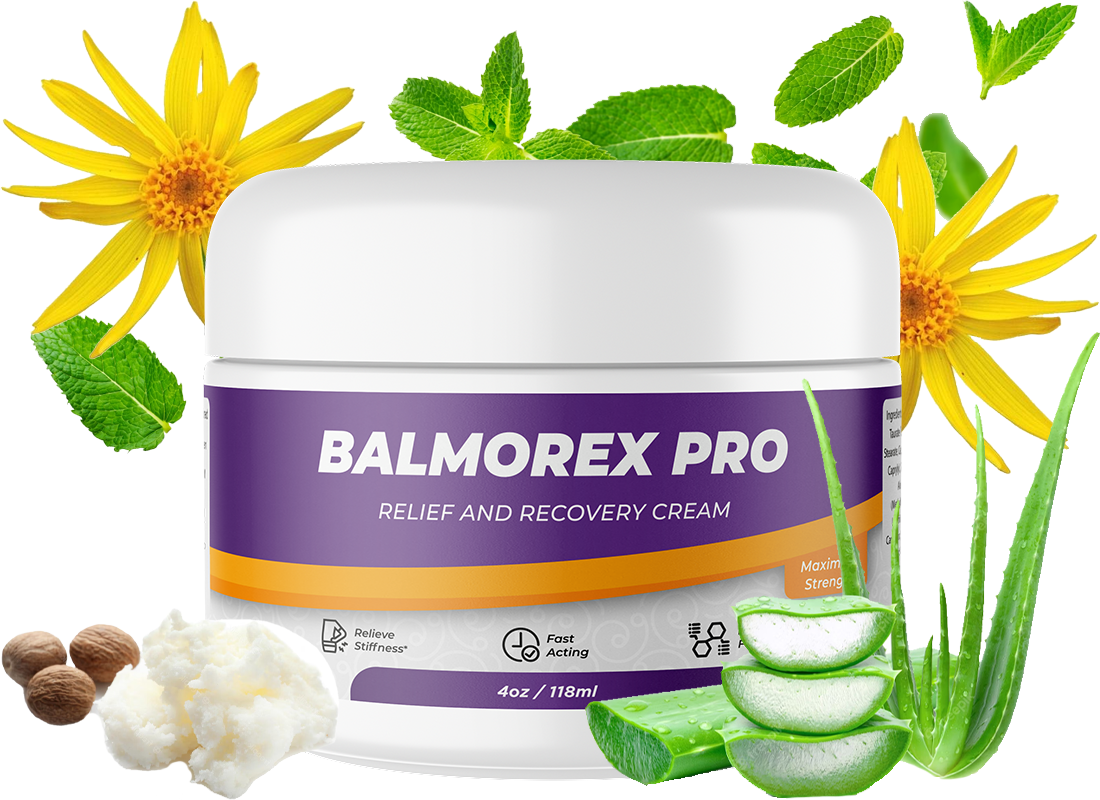
Top 10 Best Supplement in the World
Top 10 Best Supplements in the World
In today’s fast-paced world, maintaining optimal health and wellness can be a challenge. Many individuals turn to dietary supplements to fill nutritional gaps, enhance performance, and support overall well-being. With a plethora of options available, it can be overwhelming to determine which supplements are truly effective. This article explores the top 10 best supplements in the world, backed by research and expert opinions.
Understanding Dietary Supplements
Dietary supplements are products designed to augment the diet and provide nutrients that may be missing or insufficient in a person’s diet. They can come in various forms, including:
– Tablets
– Capsules
– Powders
– Liquids
– Gummies
While supplements can be beneficial, it is essential to approach them with caution and consult healthcare professionals before starting any new regimen.
1. Omega-3 Fatty Acids
The Power of Omega-3s
Omega-3 fatty acids are essential fats that the body cannot produce on its own. They are crucial for brain function, heart health, and reducing inflammation. The two primary types of omega-3s found in fish oil are EPA (eicosapentaenoic acid) and DHA (docosahexaenoic acid).
Benefits
– Heart Health: Studies show that omega-3s can lower triglycerides, reduce blood pressure, and decrease the risk of heart disease.
– Cognitive Function: Omega-3s are linked to improved memory and cognitive performance, particularly in older adults.
– Anti-Inflammatory Properties: They can help reduce symptoms of inflammatory conditions like arthritis.
Sources
– Fatty fish (salmon, mackerel, sardines)
– Fish oil supplements
– Algal oil (a plant-based source)
2. Vitamin D
The Sunshine Vitamin
Vitamin D is vital for bone health, immune function, and overall well-being. It is produced by the body in response to sunlight exposure, but many people do not get enough due to lifestyle and geographic factors.
Benefits
– Bone Health: Vitamin D helps the body absorb calcium, which is essential for strong bones.
– Immune Support: Adequate levels of vitamin D can enhance the pathogen-fighting effects of monocytes and macrophages.
– Mood Regulation: Some studies suggest a link between vitamin D deficiency and mood disorders, including depression.
Sources
– Sunlight exposure
– Fatty fish
– Fortified foods (milk, orange juice)
– Vitamin D supplements
3. Probiotics
The Gut Health Revolution
Probiotics are live microorganisms that provide health benefits when consumed in adequate amounts. They play a crucial role in maintaining gut health and supporting the immune system.
Benefits
– Digestive Health: Probiotics can help alleviate symptoms of irritable bowel syndrome (IBS) and diarrhea.
– Immune Function: They can enhance the immune response and reduce the incidence of respiratory infections.
– Mental Health: Emerging research suggests a connection between gut health and mental well-being, often referred to as the “gut-brain axis.”
Sources
https://prodentim.com/text.php?&shield=6ac274zer8j5ezdl3jf7tnq64g
– Yogurt
– Fermented foods (kimchi, sauerkraut)
– Probiotic supplements
4. Creatine
Fueling Athletic Performance
Creatine is a naturally occurring compound found in small amounts in certain foods and synthesized in the body. It is widely used as a supplement to enhance athletic performance and muscle growth.
Benefits
– Increased Muscle Mass: Creatine supplementation can lead to significant gains in muscle mass and strength.
– Improved Exercise Performance: It enhances high-intensity exercise performance and recovery.
– Cognitive Benefits: Some studies suggest that creatine may improve cognitive function, particularly in tasks requiring short-term memory.
Sources
– Red meat
– Fish
– Creatine monohydrate supplements
5. Multivitamins
A Nutritional Safety Net
Multivitamins are dietary supplements that contain a combination of vitamins and minerals. They are designed to fill nutritional gaps and ensure adequate intake of essential nutrients.
Benefits
– Nutritional Insurance: Multivitamins can help individuals meet their daily nutrient requirements, especially those with dietary restrictions.
– Support for Overall Health: They may contribute to improved energy levels, immune function, and overall well-being.
– Convenience: Taking a multivitamin can simplify the process of maintaining a balanced diet.
Sources
– Over-the-counter multivitamin supplements
– Fortified foods
6. Magnesium
The Unsung Hero
Magnesium is a vital mineral involved in over 300 biochemical reactions in the body. It plays a crucial role in muscle function, nerve transmission, and energy production.
Benefits
– Muscle and Nerve Function: Magnesium helps regulate muscle contractions and nerve impulses.
– Bone Health: It contributes to bone density and strength.
– Stress Reduction: Magnesium may help alleviate symptoms of anxiety and promote relaxation.
Sources
– Leafy green vegetables
– Nuts and seeds
– Whole grains
– Magnesium supplements
7. Turmeric (Curcumin)
The Golden Spice
Turmeric is a spice derived from the Curcuma longa plant, and its active compound, curcumin, is known for its anti-inflammatory and antioxidant properties.
Benefits
– Anti-Inflammatory Effects: Curcumin can help reduce inflammation and may be beneficial for conditions like arthritis.
– Antioxidant Properties: It neutralizes free radicals and supports overall health.
– Potential Cancer Prevention**: Some studies suggest that curcumin may inhibit the growth of cancer cells.
Sources
– Turmeric root
– Curcumin supplements
8. Zinc
The Immune Booster
Zinc is an essential mineral that plays a critical role in immune function, wound healing, and DNA synthesis.
Benefits
– Immune Support: Zinc is crucial for the development and function of immune cells.
– Wound Healing: It aids in skin health and accelerates the healing process.
– Taste and Smell: Zinc is necessary for maintaining a healthy sense of taste and smell.
Sources
– Meat and poultry
– Shellfish
– Legumes
– Zinc supplements
9. Fiber Supplements
The Digestive Aid
Fiber is an essential component of a healthy diet, promoting digestive health and preventing constipation. Fiber supplements can help individuals meet their daily fiber intake.
Benefits
– Digestive Health: Fiber supports regular bowel movements and gut health.
– Weight Management: It promotes a feeling of fullness, which can aid in weight loss.
– Heart Health: Soluble fiber can help lower cholesterol levels and improve heart health.
Sources
– Psyllium husk
– Inulin
– Other fiber supplements
10. Ashwagandha
The Adaptogen
Ashwagandha is an adaptogenic herb used in traditional Ayurvedic medicine. It is known for its ability to help the body adapt to stress and promote overall wellness.
Benefits
– Stress Reduction: Ashwagandha may lower cortisol levels and reduce stress and anxiety.
– Enhanced Energy Levels: It can improve energy and stamina, making it popular among athletes.
– Cognitive Function: Some studies suggest it may enhance memory and cognitive performance.
Sources
– Ashwagandha root powder
– Ashwagandha supplements
Conclusion
Incorporating dietary supplements into your routine can provide numerous health benefits, but it is essential to choose wisely. The top 10 supplements discussed in this article—omega-3 fatty acids, vitamin D, probiotics, creatine, multivitamins, magnesium, turmeric, zinc, fiber supplements, and ashwagandha—are backed by research and can support various aspects of health and wellness.
Before starting any supplement regimen, it is crucial to consult with a healthcare professional to ensure safety and efficacy. Remember, supplements are meant to complement a balanced diet and healthy lifestyle, not replace them. By making informed choices, you can enhance your health and well-being effectively.





